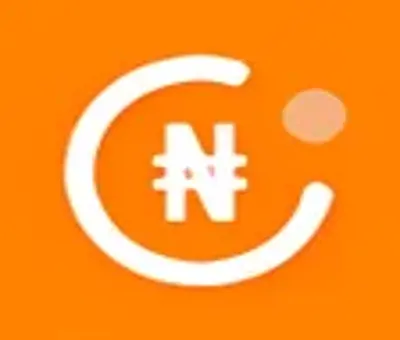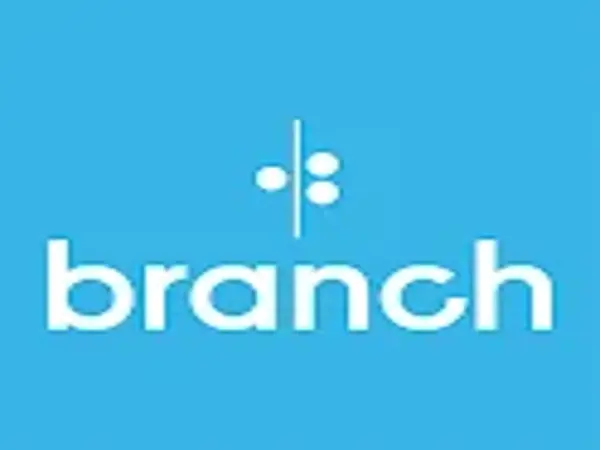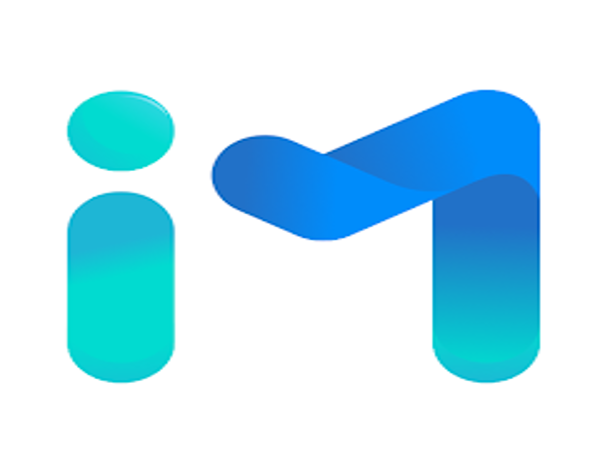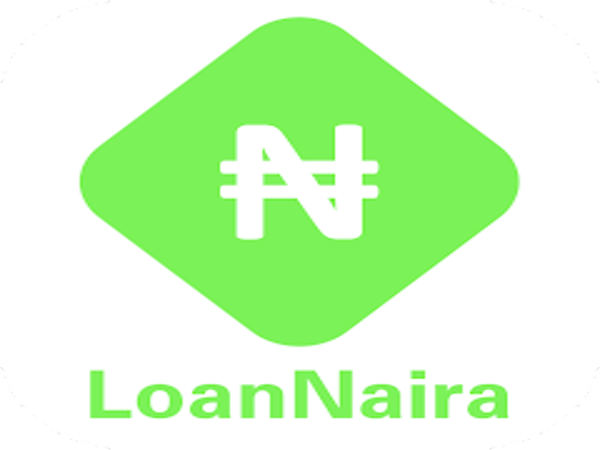| Interest Rate | 50% |
| Duration | From 7 days |
| Access Level | Public |
| Company Name | CocoLoan |
| Phone 1 | |
| Phone 2 | |
| Website or Store | |
| Address | Nigeria |
| Category | Dangerous Loan |
| Company Email | |
| Views | 1,408 |
CocoLoan

Training Videos
Frequently Asked Questions
CocoLoan is a free financial app developed by Francis Kemelayefa, designed to provide loan services to Nigerian citizens. Through this platform, users can borrow up to ₦50,000 to meet personal or business financial needs in a safe and convenient manner, without the hassle of paperwork.
One of the standout features of CocoLoan is its robust security protocol, which adheres to industry standards to ensure the confidentiality of every transaction. While the app offers a user-friendly and responsive interface, occasional freezes can occur, especially when submitting information. FairMoney – Instant Loan App is another similar service in this space.
Fast and Secure Loan Processing
With CocoLoan, your loan application can be approved almost instantly. After registering with your mobile number, you can apply for loan amounts ranging from ₦10,000 to ₦50,000. The application process is straightforward: simply input your personal details and submit documents to verify your identity, in line with the Know Your Customer (KYC) guidelines.
To qualify, you must be a Nigerian resident between the ages of 18 and 60 with a reliable source of income. Even if you don’t have an established credit score, you are still eligible to apply. The app is free to download, though a service fee is charged based on your credit history. Once approved, the funds are transferred instantly to the bank account you provided.
The app’s intuitive interface makes navigating transactions easy, and the simple process ensures you can rely on it during emergencies. However, occasional freezing issues can slow down the process. In terms of security, CocoLoan uses 256-bit SSL encryption, ensuring that your data is transmitted securely.
Reliable, But Room for Improvement
For Nigerians in need of emergency funds, CocoLoan offers a reliable and efficient solution. The loan application process is fast, and the app provides a secure environment for your transactions. Despite its advantages, the app does experience crashes from time to time, which can disrupt the user experience. Addressing this issue would greatly enhance the app's reliability.





.webp)

